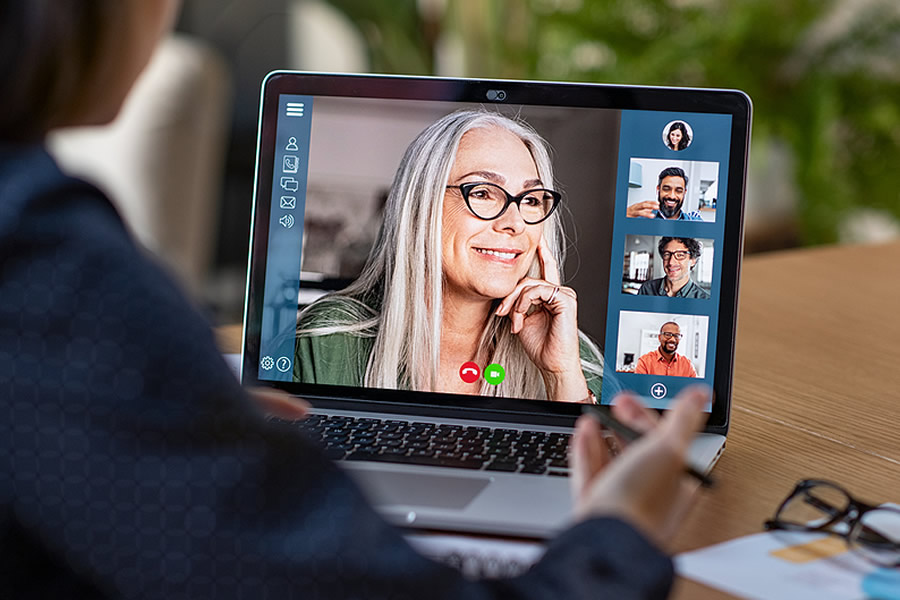
Fundraising is a tough job!
- You’re under enormous pressure to raise even more money every year. Every twelve months, you start from zero and do it all over again.
- If you work in a small shop, fundraising is isolating. You’re the only person at your organization who does what you do.
- If you’re working from home, you’re even more isolated.
- Every year, your goal gets bigger and bigger. And donors seem to be disappearing in droves.
You got into this work because you wanted to do good in the world, but every day, you’re putting out fires. There’s never any break and no light at the end of the tunnel.
What’s a Fundraiser Like You to Do?
A few months back, I was speaking with a client from the Capital Campaign Toolkit. I asked her what she liked best about the service. “The weekly peer support calls,” she said gleefully. “It’s like fundraising therapy!”
I’ve been describing the weekly peer support calls as “fundraising therapy” ever since. And every time I describe them that way, the person I’m speaking with lights up. They know exactly what I’m talking about.
What fundraiser doesn’t need some therapy? (Okay, okay — I’m not talking about therapy in the formal or traditional sense.)
Therapy for Fundraisers: 2 Examples
Here are two real world examples of regular fundraising therapy in action.
1. Weekly Peer Support Group
Above, I mentioned the Capital Campaign Toolkit’s weekly peer support meetings. Toolkit clients are invited to weekly calls in groups facilitated by two of our expert campaign advisors. Participants share challenges, ask questions, and offer encouragement. There’s often laughter and occasionally tears. This is the group that sparked the idea of “fundraising therapy.”
2. Mastermind Group Q&A Calls
In my online CFRE learning program, Mastering Major Gifts (MMG), we have bi-monthly, live calls to serve as a ‘Mastermind Group’. Participants get their questions answered by me as well as by their peers, who are handling similar issues. It’s the therapeutic nature of hearing from others that keeps development directors coming back month after month.
Join MMG Now and Save $100 per Month… FOREVER !!!
The price of MMG for new members is increasing on February 1st, 2022. Join before February 1st to lock in the current price of $197 per month FOR LIFE! Additionally, you’ll get your first month free, so you can fully test-drive the program with zero obligation.
NOW really is the best time to join!
Fundraising Therapy: Ah-Ha Moments
Therapy is about “ah-ha” moments. Revelations. Or maybe small moments of self-discovery. Personal growth and discovering things you didn’t know about yourself.
Therapy is about learning new things.
One of the real joys of fundraising groups is that participants get questions answered they didn’t even know they had by listening to their peers. Then, in turn, they can ask questions they didn’t even know to ask. This is one of the greatest benefits of the free weekly Toolkit Talk sessions I do with Andrea Kihlstedt.
You don’t know what you don’t know, right?
Oftentimes it takes meeting, discussing, and collaborating to learn new things.
Create Your Own Fundraising Therapy Group
You don’t need to join the Capital Campaign Toolkit or Mastering Major Gifts to get the benefits of group fundraising therapy (although you certainly can — both are wonderful programs).
The challenge is to identify 6 to 8 fundraisers to join you for weekly video calls. Everyone should commit for one month (or four meetings) and reevaluate at the end. A facilitator will help keep the group motivated and on track. Use your favorite social media hangouts to find others to join your group.
Final Thoughts
I want to state that mental health and therapy are no joking matter. Fundraising therapy is meant to bolster morale, confidence, and provide some stress relief. However, it’s no substitute for the real thing.
If you are concerned about your mental health, please see a licensed healthcare professional. We all need help from time to time.

Great article and so true!